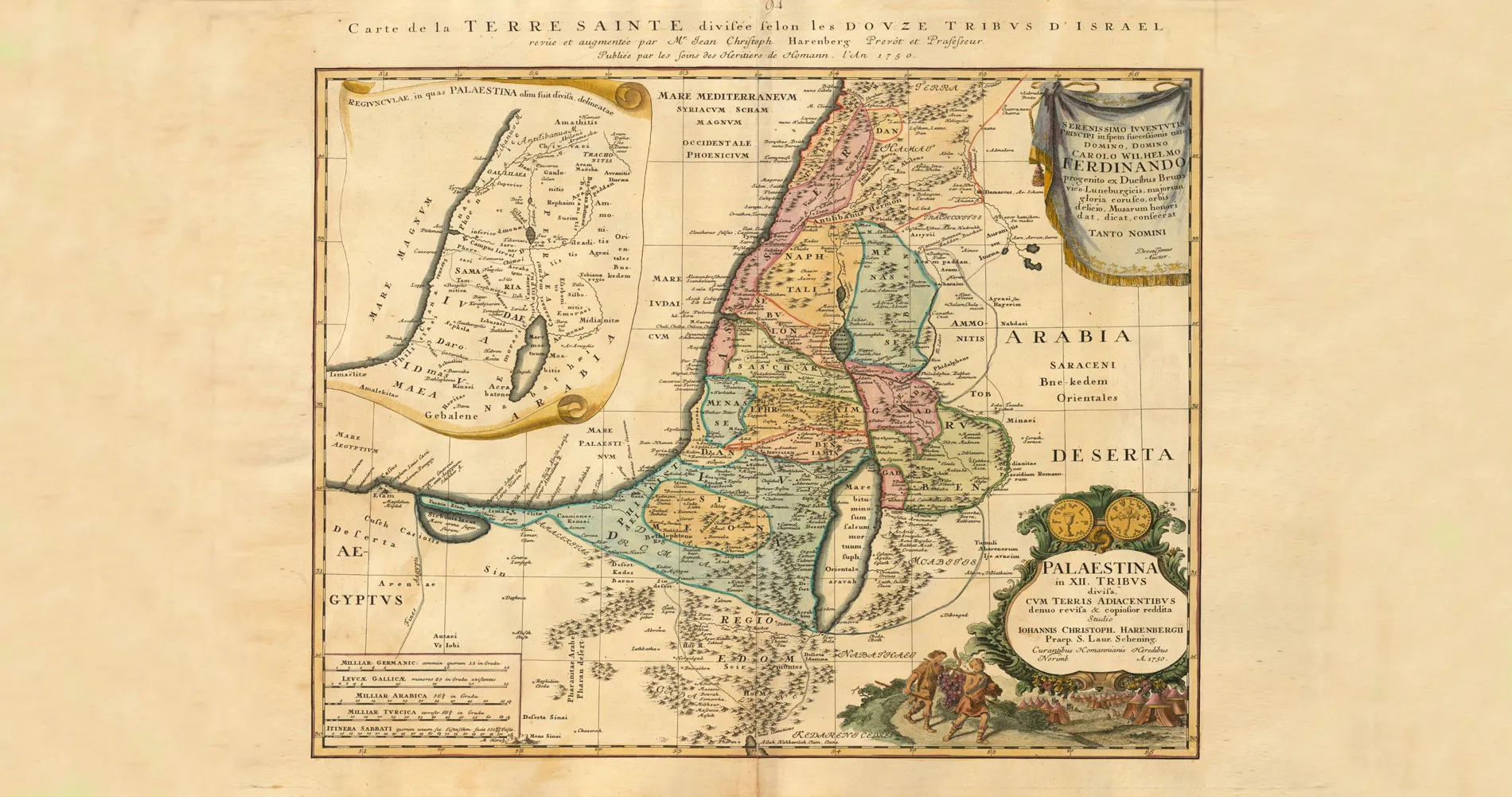Digital addiction, pandemic lockdowns, the glorification of the self, zooming, online shopping, remote learning and alternate realities of the metaverse are contributing to the isolation of more and more people worldwide. Although the causes of loneliness may differ, the reality and effects remain. One is never too young or too old to connect, or to be lonely. In the new conflict between social media and social connectedness, social media has won so far. When social connectedness is lost, so is the fabric that holds society together. The age of loneliness has arrived.
Frances Mautner Markhof,
18 December 2023
Arabic version | Chinese version | French version | German version | Russian version | Spanish version
The loneliness pandemic is taking its toll across boundaries and cultures, and is an inevitable effect of the near-loss of social connectedness and group consciousness. Individuals have increasingly focused on themselves and reduced/eliminated real social connections in favor of social media and other digital interactions. The rise of the metaverse as an alternate reality has only added to the already dire situation.
What many around the world are now experiencing is the glorification of the self, through any and all means. This includes the weird and often dangerous postings on social media, the urge to achieve fame/notoriety and to make headlines at all costs.
There are now several generations who have grown up glued to their computer/cell phone screens and other digital devices. They are in a state of thralldom to the social media. They dare not miss a beat. In so doing, they have been led to believe they are “connecting”, but in reality, they are isolating and disconnecting themselves and others.
Concomitant with all this is the inability and disinterest to make real-life social connections. Already in the late 20th century educators, psychologists and others observed in young persons an obsession with their computer and cell phone devices, to the point where universities actually limited the time which was allowed to be spent on them. Other factors influencing loneliness are the pandemic lockdowns and the weakening of family bonds. The increase of remote learning, zooming and online commerce have also fueled this digital addiction.
In the new conflict between social media and social connectedness, social media has won, at least so far. Now one sees some of the dangerous effects of social media’s winning this battle and the loss of social connectedness, which include, i.a., the huge numbers of individuals affected by loneliness and the rise in suicides. The affected group consists not only of a large percentage of young persons but also of older persons as well. The causes of loneliness may differ, but the reality and effects of loneliness remain. One is never too young or too old to connect, or to be lonely.
Indeed, as was to be expected, avant garde scholars and universities are already studying the statistics and other characteristics of loneliness, supported, of course, by grants and funds from serious sources.
Thus, the Age of Loneliness has arrived, caused not only by the obsession with and lack of control of social media, but also by their effects on social organization and social connectedness. These factors have also played a key role in the attitude of many people regarding not only real social connections but also regarding work. They may not realize they are living off the work of previous generations, namely, the value created through their labor and the associated capital, as well as their achievements including social welfare systems. To maintain these systems, this capital must be replenished, again through work.
The 14th century scholar Ibn Khaldun in his masterpiece, The Muqaddimah: An Introduction to History, called for the creation of a science to explain society and went on to outline these ideas in The Muqaddimah. Ibn Khaldun was an Arab sociologist, philosopher, and historian widely acknowledged to be one of the greatest social scientists of the Middle Ages, and considered by many to be the father of historiography, sociology, economics, and demography studies. He identified and emphasized the nature and necessity of asabiyyah or group feeling, by which he meant social connectedness and cooperation, as essential to sustain a civilization, its achievements and values.
In The Muqaddimah, Ibn Khaldun already wrote on the essential role of social connectedness or group feeling, asabiyyah in Arabic (عصبية), for a social group or society. Asabiyyah is social connectedness and cooperation, which are what hold a group together.
Ultimately, Ibn Khaldun finds that it is asabiyyah, group consciousness and social connectedness, that holds a civilization together, and clearly there is no room for loneliness where asabiyyah exists. He concludes that the loss of asabiyyah is a prelude to the dissolution of a society—and as this bonding material of a civilization declines, so does the civilization.
Picture: Greyscale shot, person walking on a wooden bridge by the ocean, concept: departure separation © wirestock on freepik
Other Articles Which Might Interest You
Ibn Khaldun’s Asabiyyah or Social Connectedness is Essential for Modern Societies























